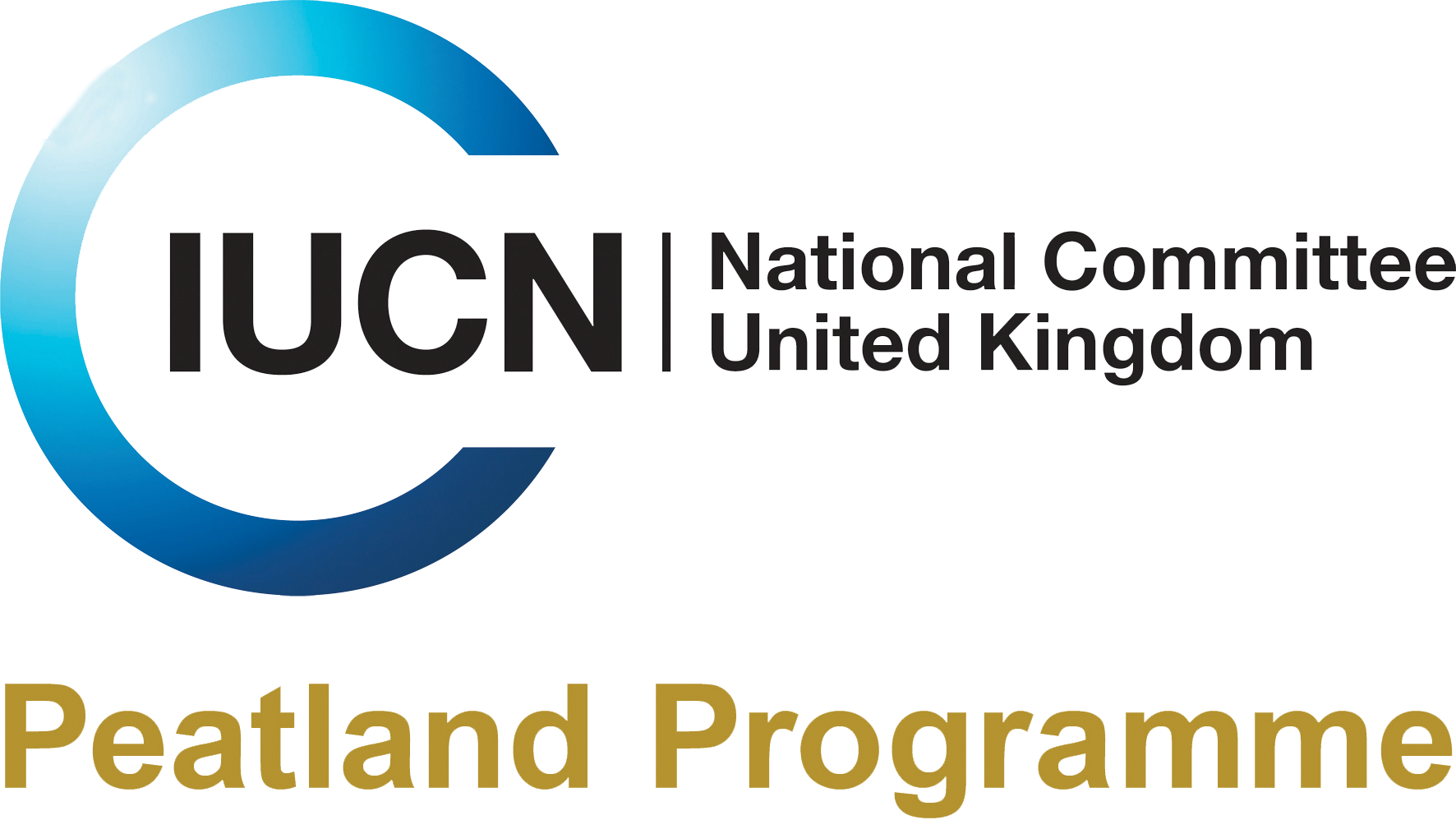The Peatland Code now has 48 Projects registered with a total of almost 8000 ha of peatland restoration. Of these 48 projects, 8 are validated with a total of around 900 ha and 167,442 tonnes of CO2e emission reductions over their project lifetimes. Another 27 projects are undergoing validation right now and at least 2500 PIU’s have been sold so far.
Updates to the Code; version 1.2 of the Peatland Code is slightly delayed and now expected early 2022. This version will mainly be tightening of language and updates to guidance in order to receive UKAS accreditation. Version 2 of the Peatland Code, with updated emission factors and added condition categories, is expected in the spring of 2022.
Information around the COP26 outcomes regarding article 6 is yet to be fully determined and as soon as we fully understand if these will have an impact on the domestic carbon market and if they have implications for the Peatland Code, we will update people on this.
Renée Kerkvliet-Hermans, Peatland Code Co-ordinator of the IUCN UK Peatland Programme also presented at the Scottish Forum on National Capital and Global Ethical Finance Initiative's 'Finance for Nature - Positive Future for People and the Planet' event in Loch Lomond as part of CoP26. You can watch the full session here.

